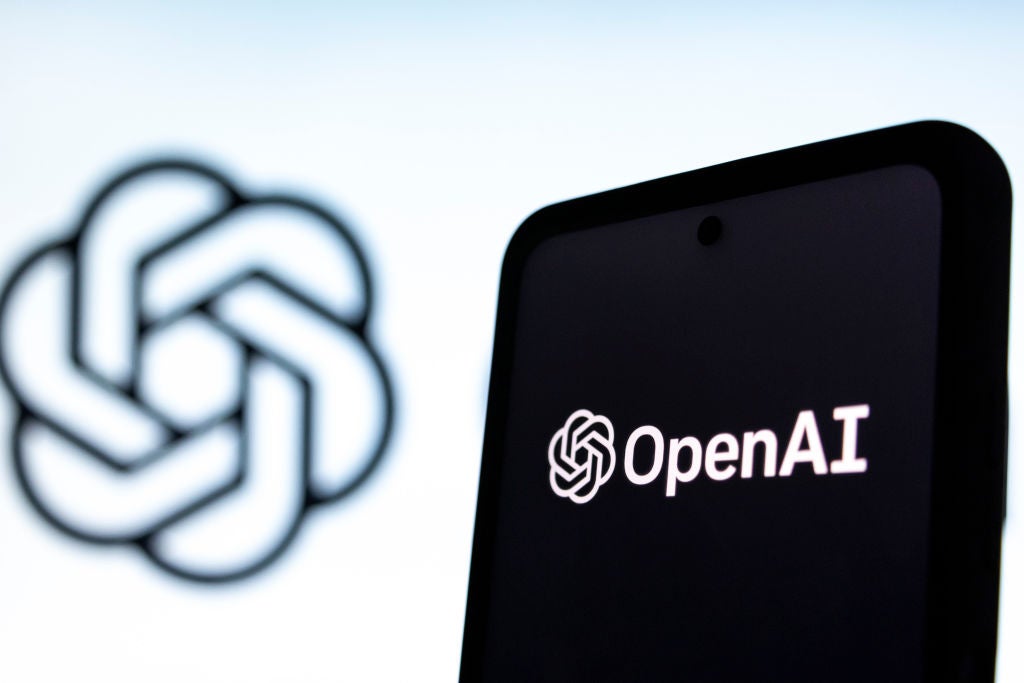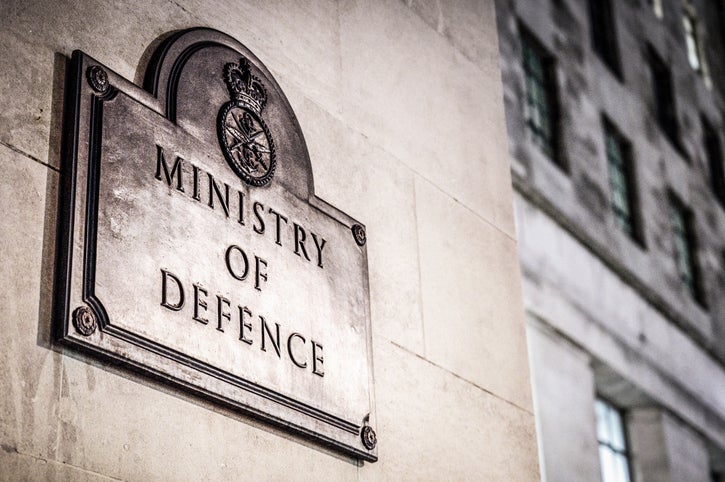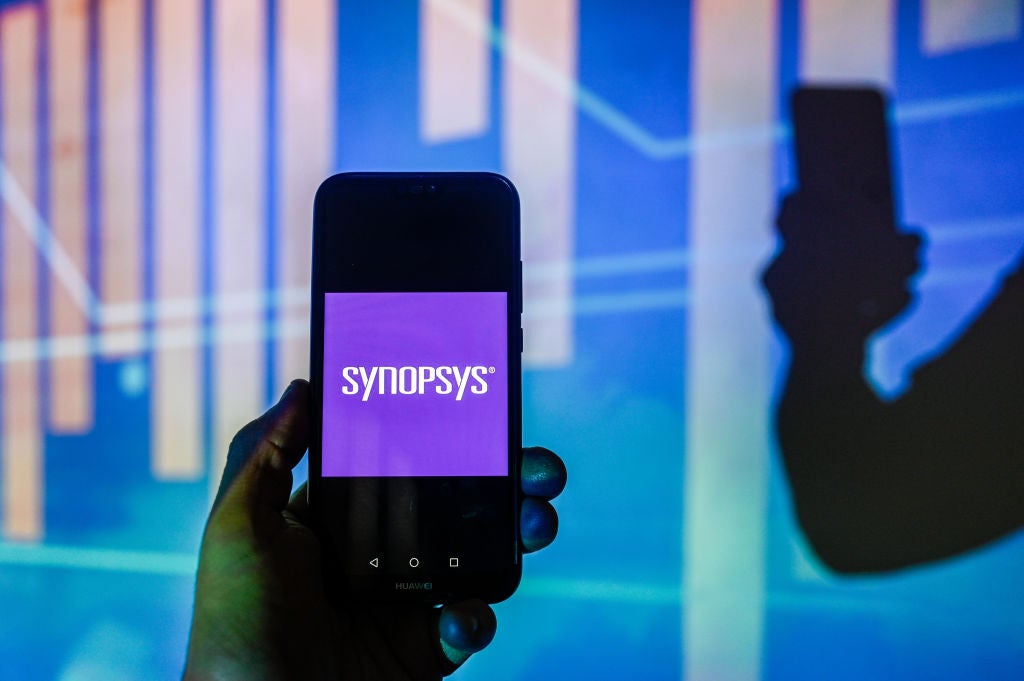
An Australian Mayor has threatened to sue OpenAI for defamation after ChatGPT provided false claims about him serving time in prison for bribery.
It will be the first time a defamation lawsuit has been issued against a piece of artificial intelligence (AI) – but experts believe this is just the beginning.
Brian Hood, Australian Mayor of Hepburn Shire, says he will sue the Microsoft-backed company if they fail to retract ChatGPT’s inaccurate statements, Reuters reported.
According to Hood, ChatGPT named him guilty as an accomplice in a bribery scandal that involved a subsidiary of the Reserve Bank of Australia in the early 2000s.
This information is false, and Hood’s only tie to the case was that he notified authorities of the bribes to foreign officials while working at the subsidiary. Hood was never charged.
ChatGPT is a system very dependent on the internet as a source, and with little artificial intelligence (AI) regulation, experts claim defamation cases like these are bound to pop up more regularly.
How well do you really know your competitors?
Access the most comprehensive Company Profiles on the market, powered by GlobalData. Save hours of research. Gain competitive edge.

Thank you!
Your download email will arrive shortly
Not ready to buy yet? Download a free sample
We are confident about the unique quality of our Company Profiles. However, we want you to make the most beneficial decision for your business, so we offer a free sample that you can download by submitting the below form
By GlobalDataAbigail Healey, a consultant at Quillon Law, told Verdict: “With AI such as ChatGPT currently being dependent on using internet sources for producing content, with no filter for the quality of the content it uses, we may see more defamation lawsuits involving AI emerge.”
Hood’s lawyers sent ChatGPT a letter of concern about the false content, giving OpenAI 28 days to fix their mistakes or face a defamation lawsuit. T
The San Francisco-based has yet to respond to this letter.
“As chatbots become more widespread and accessible, we are likely to see an increase in litigation involving artificial intelligence,” says Healey.
Hood’s lawsuit is set to accuse ChatGPT of poor accuracy and failing to include footnotes.
Although it’s impossible to tell how many people may have seen the false claims – the nature of the statement is serious enough to warrant a substantial lawsuit. Defamation cases in Australia usually payout around $267,000.
Healey added: “Given the novelty of AI technology such as ChatGPT, the outcomes of these initial litigations may set precedents for how the courts approach the challenges posed by AI.”







